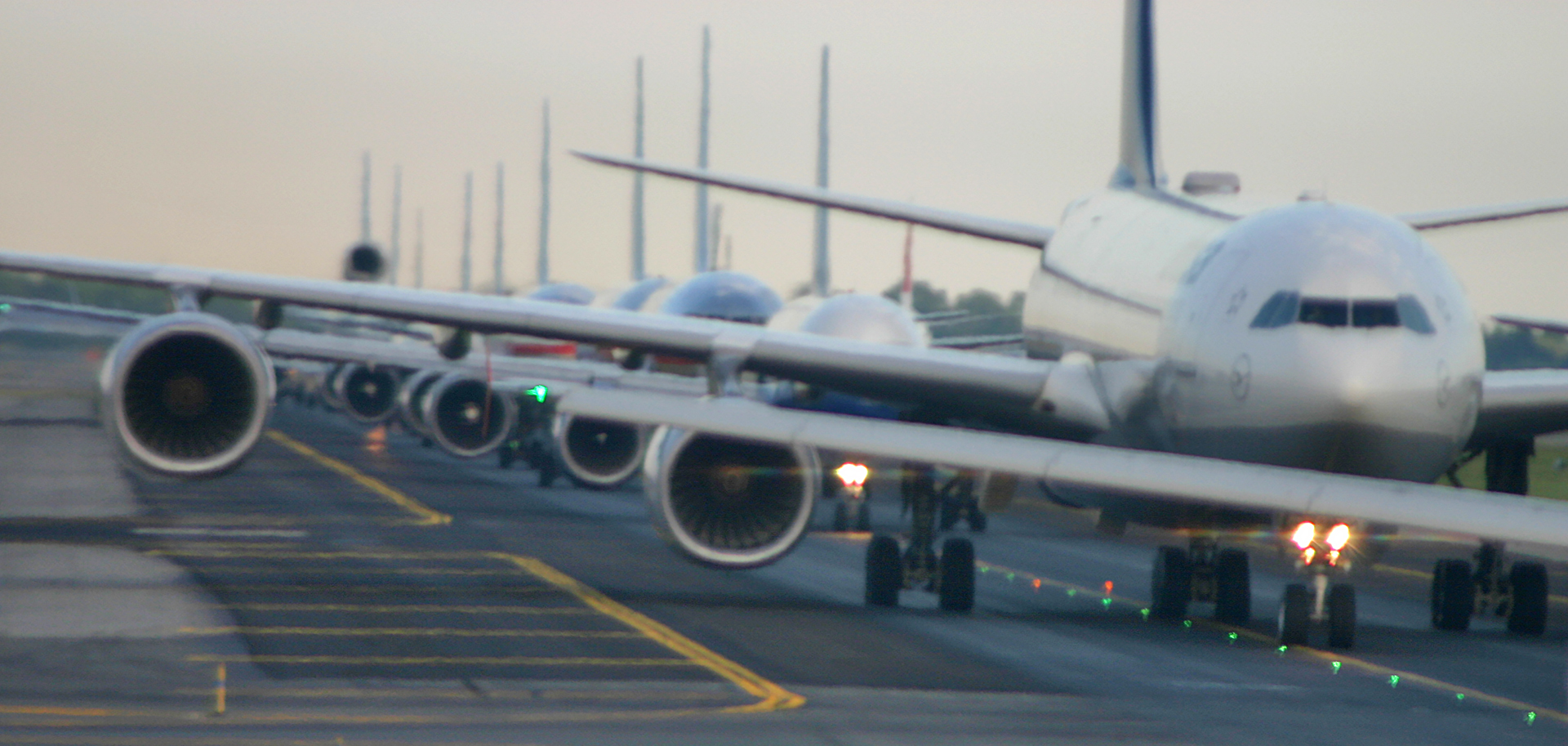Earlier this past summer, the Department of Transportation of the United States announced a proposed rule for public comment, which — if adopted — would significantly strengthen protections for consumers who seek refunds for airline tickets which they have purchased, as the federal agency claims to have received “a flood of air travel service complaints from consumers with non-refundable tickets who did not travel because airlines canceled or significantly changed their flights or because the consumers decided not to fly for pandemic-related reasons such as health concerns” since early 2020…
Extended: Your Input Requested on Strengthened Protections Proposed For Consumers Seeking Refunds For Airline Tickets
…and the period for interested persons to submit comments to its proposed rule on Airline Ticket Refunds and Consumer Protections has been extended through Friday, December 16, 2022.
The proposed rule would include significant changes to a flight:
- Which affect the departure times by a minimum of three hours for a domestic flight or a minimum of six hours for an international flight
- Which affect the arrival times by a minimum of three hours for a domestic flight or a minimum of six hours for an international flight
- To the departure airport or arrival airport
- Which increase the number of connections within an itinerary
- To the type of aircraft flown if it causes a significant downgrade in the air travel experience or amenities available aboard the airplane during a flight
Although the Department of Transportation has for many years required airlines and ticket agents to refund travelers if airlines cancel or significantly change their flights under the statutory authority to prohibit unfair practices, the terms significant change and cancellation had not previously been specifically defined, which has resulted in inconsistency among commercial air carriers pertaining to when passengers are entitled to refunds.
Moreover — since the start of the current 2019 Novel Coronavirus pandemic — various airlines have allegedly questioned the authority of the Department of Transportation to require refunds for flights which are canceled or significantly changed by airlines. This proposal would codify the longstanding interpretation of the Department of Transportation that a failure to provide refunds when an airline cancels or significantly changes a flight to, from, or within the United States is an unfair practice.
The terms significant change and cancellation will also be specifically defined by the Department of Transportation. As an example under the proposed rule, a canceled flight would mean a flight that was published in the computer reservation system of an airline at the time of the ticket sale but was not operated by the carrier.
“The proposal would also require that airlines and ticket agents provide passengers flight credits or vouchers that are valid indefinitely when passengers are unable to fly for certain pandemic related reasons, such as government-mandated bans on travel, closed borders, or passengers advised not to travel to protect their health or the health of other passengers”, according to this official press release from the Department of Transportation. “Further, under the proposal, airlines and ticket agents that receive significant government assistance related to a pandemic would be required to issue refunds, in lieu of non-expiring travel credits or vouchers.”
However, airlines will be allowed to charge a fee for processing the refund or issuing the voucher — as long as the fee is disclosed at the time of ticketing.
The Office of Aviation and Consumer Protection of the Department of Transportation of the United States:
- Issued its largest fine ever in November of 2021 for extreme delays in providing refunds to thousands of consumers for flights to or from the United States that a carrier canceled
- Recently concluded its investigation of ten other airlines; and is pursuing enforcement action against them for extreme delays in providing refunds for flights the airlines canceled or significantly changed
- Is actively investigating refund practices of greater than ten additional airlines flying to, from, or within the United States.
Earlier this week, six airlines have been ordered by the Department of Transportation of the United States to pay greater than $622 million in refunds that customers should have received during the current 2019 Novel Coronavirus pandemic, as the Office of Aviation Consumer Protection of the department has determined that the airlines in question failed to provide refunds in a timely manner to tens of thousands of consumers for flights that the airlines significantly changed — either via delays or cancellations of the affected flights — in violation of 49 United States Code § 41712 and 14 Code of Federal Regulations Part 259.
Final Boarding Call
That airlines cannot create and enforce protections for their own customers is a shame, as that action would certainly be more appreciated by consumers than having the federal government of the United States intervene. Doing so is really not a difficult thing to do; and the airlines would generally enjoy a better reputation as a result — especially after what has been a horrendous summer of air travel by numerous accounts.
Depending on the fee that could be charged by airlines to process a refund or issue a voucher, this proposed rule may not provide much protection. Who knows how much the airlines will charge as a fee — especially as they eliminated some fees in recent years, with change fees being permanently eliminated as one example. I do not believe that airlines should be permitted to charge a fee for returning funds t oa customer which he or she paid.
For additional information about the rights of airline passengers, as well as official rules, guidance, and orders — you can access the official aviation consumer Internet web site of the Department of Transportation of the United States.
Photograph ©2008 by Brian Cohen.
